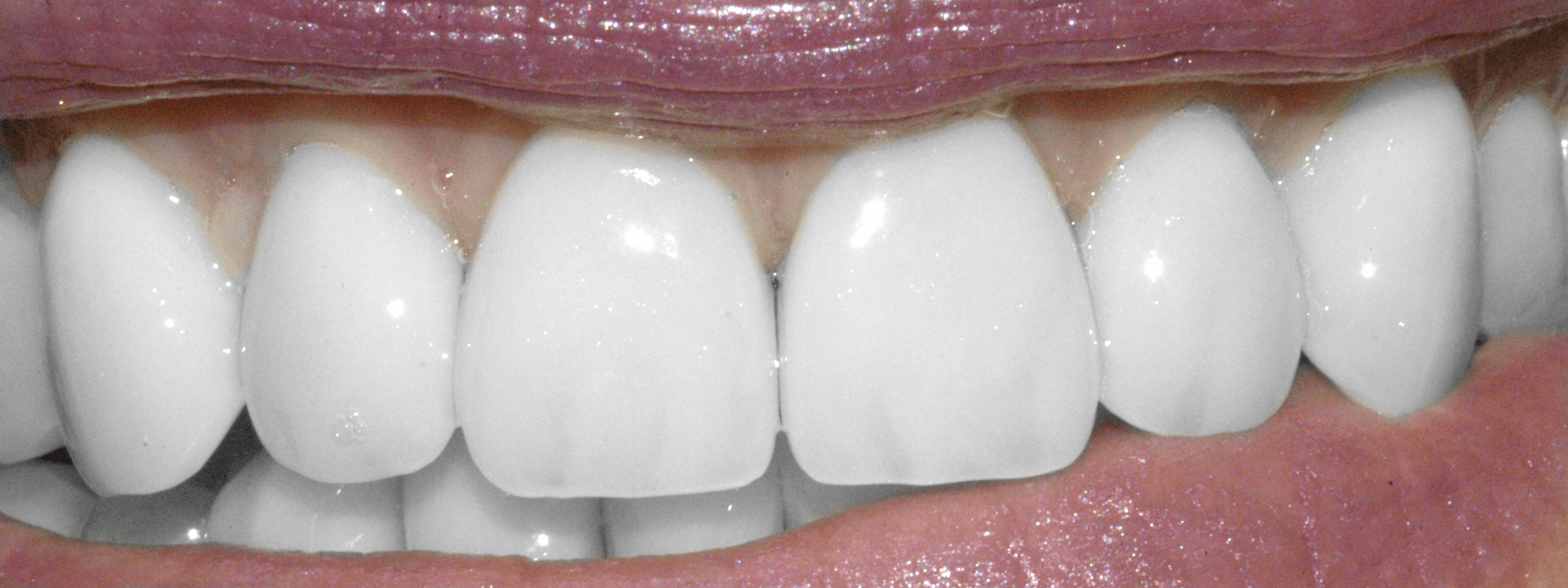Many people tend to clench or grind their teeth in anger. Even I’m guilty of doing so. However, as opposed to the purposeful movement of teeth, bruxism, unconscious teeth grinding, is also a possibility. And if it occurs often enough, it can lead to serious oral damage.
Teeth grinding usually occurs while we sleep and is associated with stress and anxiety. It is considered to be a sleep disorder and can be associated with other disorders such as sleep apnea. However, the causes of it are still unclear. Doctors believe emotions and personality have a huge influence on bruxism. For some people, bruxism can serve as a coping habit or mechanism, whereas for others, the cause can be physical, such as a misalignment of the teeth.
Image Source: J.A. Bracchi
Since it occurs during sleep, it is important to recognize the symptoms of bruxism. Common signs include chipped teeth, tooth sensitivity, tired jaw muscles, or worn tooth enamel. Indentations on the tongue or damage on the inside of the cheek are also symptoms of teeth grinding. It is important to look for these signs and see a doctor, since bruxism can lead to serious tooth damage. If bruxism is not caught and further prevented, crowns, root canals, implants, or even dentures can be needed.
In order to prevent bruxism, several methods can be followed. Physically, a mouth guard can be used to stop it. Mentally, it is important to reduce the amount of stress you have. Options include stress counseling, exercising, or seeing a therapist. However, if another disorder is causing bruxism, the focus should be on treating the underlying disorder. Thus, it is important to pinpoint the cause of your teeth grinding for effective treatment.
If none of these seem to help, more tips to reduce teeth grinding include avoiding caffeine, alcohol, or soda. You should refrain from chewing gum or anything that is not food, as it would help your jaw get used to the grinding motion. Put a warm washcloth next to your jaw to relax your muscles before sleeping or any time you are feeling stressed. Following these activities will lead to less teeth grinding and a healthier oral life overall.
Feature Image Source: teeth by drburton










